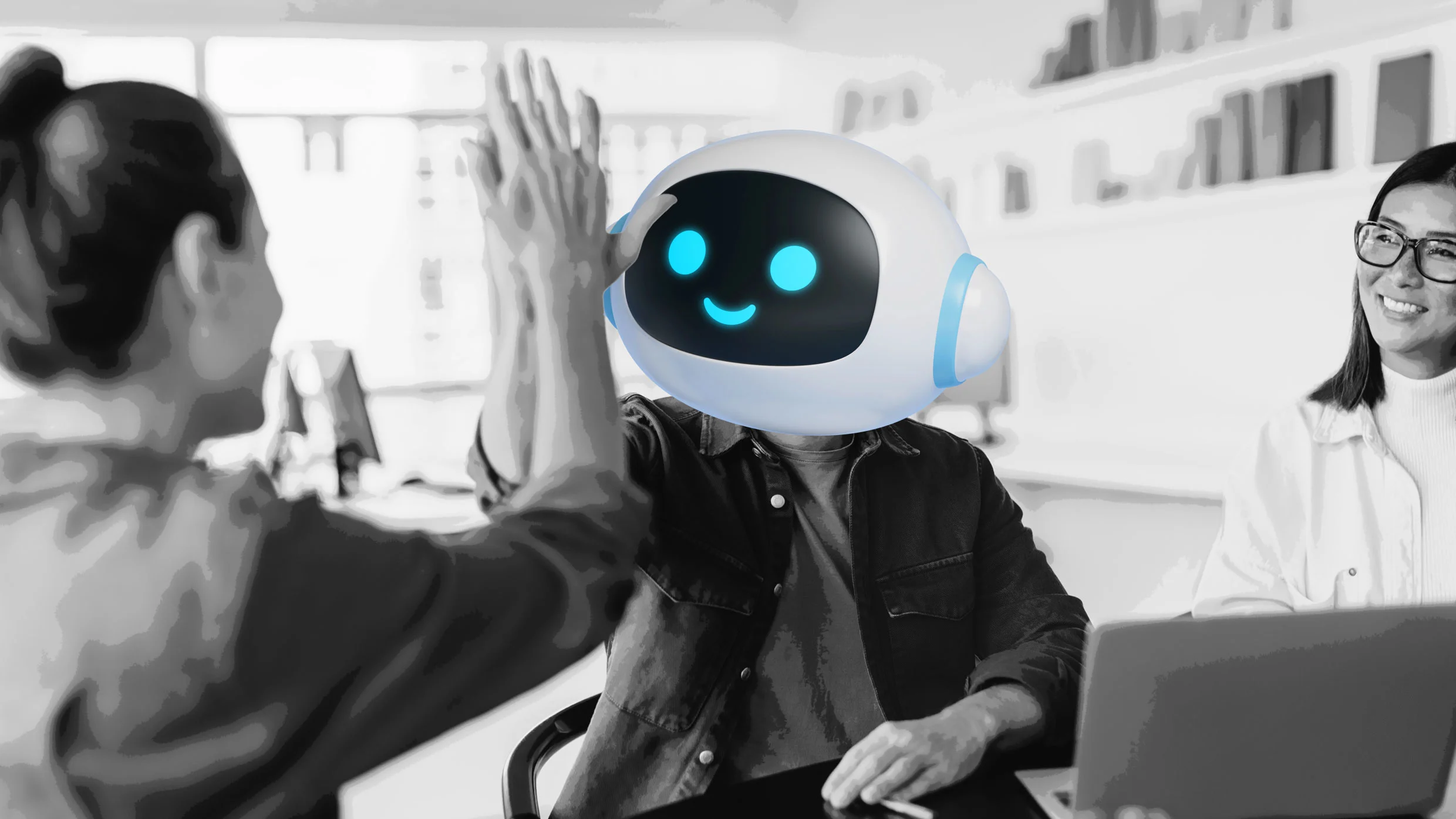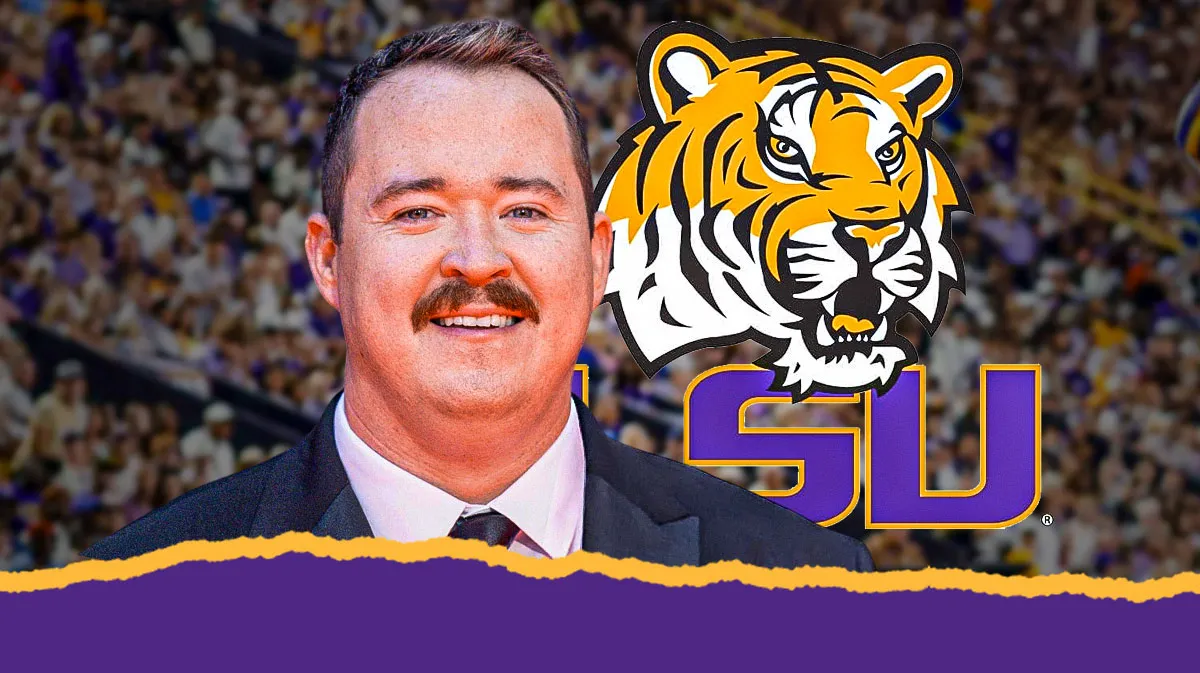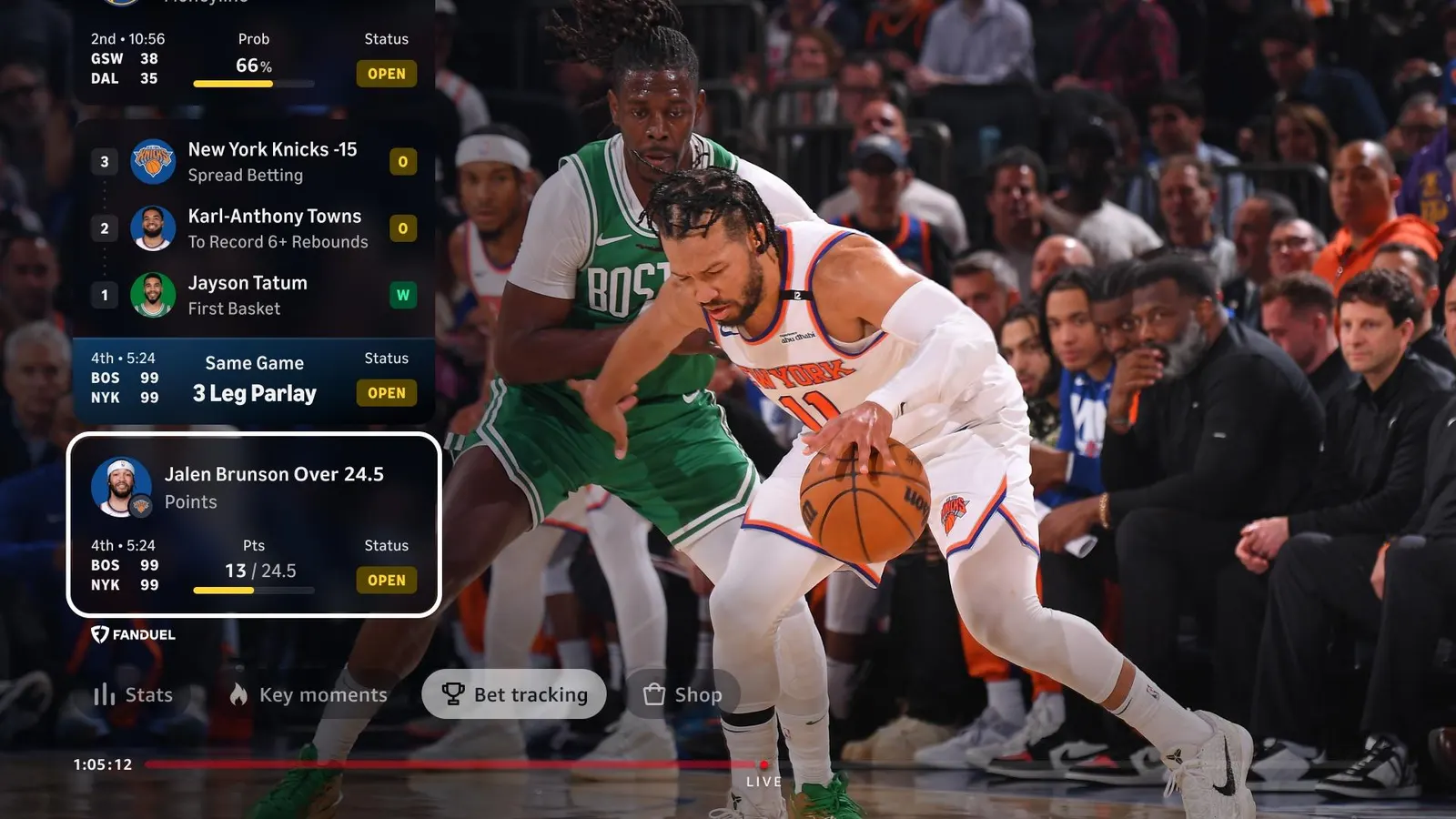
We know that having friends at work is good for your performance and happiness. But could ChatGPT replace your happy hour bestie?
According to a new study from KPMG that surveyed more than 1,000 professionals, almost all (99%) would be open to the idea of an AI chatbot assuming the role of close friend or trusted companion at work.
That same study teases out a separate, also compelling thread: 45% of workers reported feelings of loneliness at work. That’s a huge jump, up nearly double from last year. On top of that, the survey found that friendship seems to be a big priority for most workers—even over money.
More than half (57%) of those surveyed said they would take a salary 10% below market rate if it meant being able to have close friends at work, as opposed to accepting a salary 10% above market rate and having no close friends at work. (Whether they’d be willing to take a pay cut for a chatbot is another matter.)
Subscribe to the Daily newsletter.Fast Company’s trending stories delivered to you every day
Privacy Policy
|
Fast Company Newsletters
Still, it begs the question: Would people settle for Gemini as a “close friend at work”? The survey results suggest it’s possible. Plus, compared to “traditional” (read: human) colleagues, AI is always happy to assist, is hyperefficient, and doesn’t complain when delegated tasks or when offered criticism.
(There’s also the fact that one in three U.S. employees say they would rather scrub a toilet than ask a human colleague for help.)
From therapists to relationship counselors to romantic partners, AI-powered digital companions are rapidly emerging as alternatives to any number of human relationships. Now AI may well be ready to assume its newest role of work spouse.
“This reflects a deeper truth: People are craving connection,” Sandy Torchia, vice chair of talent and culture at KPMG, told Fast Company. “When something shows up consistently, listens without judgment, and responds in a supportive way, it starts to feel familiar—even comforting.”
We already know that having a work bestie or office ally isn’t just good for happiness, it’s good for productivity and performance. Employees in the KPMG survey said that having workplace friendships increases their motivation to go above and beyond their job description. But right now, we have zero idea whether any of these benefits transfer to a human-chatbot work friendship.
What we do know is that the worker value on friendship is growing; 87% of employees consider work friendships “very important.” And the youngest workers value workplace friendships more than their older counterparts: 90% of Gen Zers surveyed said those friendships are very important, compared to 77% of boomers.
advertisement
The trend is playing out alongside an increase in public familiarity and comfort with AI tools. In the past couple of years, the share of U.S. employees who say they have used AI in their role a few times a year or more has nearly doubled, from 21% to 40%, according to a Gallup survey in June. While this is predominantly for work-related tasks, chatting with AI can also reduce stress, anxiety, and loneliness for some users, according to a 2023 study published in The Journal of Medical Internet Research.
Of course, correlation doesn’t mean causation when it comes to chatbots being used more as stand-ins for human friends at work. But even if employees don’t want AI to step into the role of friend, almost all surveyed in the KPMG report said they would like to use AI to aid their friendships in some capacity; 98% said they would like AI systems to connect them with coworkers based on shared interests.
It’s still early days in terms of widespread chatbot adoption, so who knows what will happen. For now, don’t count on a bot to fully replace your gossip buddy by the watercooler.
“AI can mimic aspects of friendship; it can’t replace the depth, nuance, and emotional resonance of human relationships,” Torchia says. “That’s where employers have a real opportunity—to engineer environments where authentic connection can thrive.”



